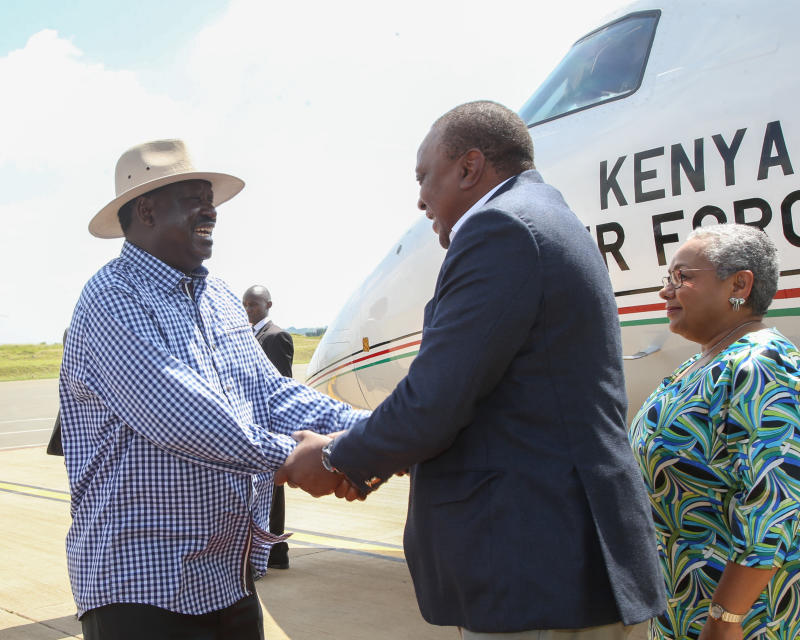×
The Standard e-Paper
Fearless, Trusted News

Moments after Uhuru Kenyatta’s victory was declared at the Bomas of Kenya following the second presidential elections on October 26, last year, parts of the country – especially NASA dominated zones- erupted in protests.
There was real risk that the country could descend into chaos and anarchy, outright violence or disintegrate.